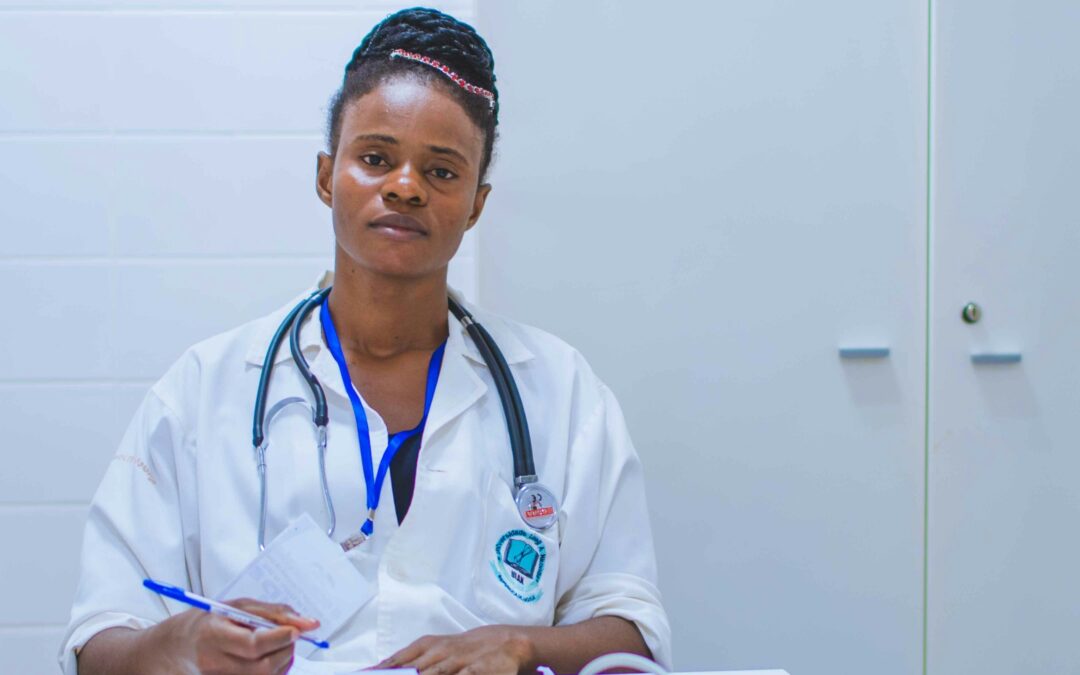Scope of Practice for Healthcare Professionals in Minnesota
A. Medical Doctors (MD)
Medical doctors are engaged in the practice of medicine. Some of the following tasks and activities are allowed and defined as the practice of medicine:
- Advertises or gives the impression that the person is authorized to practice medicine in this state;
- offers or undertakes to prescribe, give, or administer any drug or medicine for the use of another;
- offers or undertakes to prevent or to diagnose, correct, or treat the patient of any disease, illness, pain, wound, fracture, infirmity, deformity or defect
https://www.revisor.mn.gov/statutes/2022/cite/147.081
B. Nurse Practitioners (NP)
Under Minnesota law, a nurse practitioner is allowed to practice some of the following tasks or activities:
- Educating and promoting the health of the patient
- diagnosing, treating, and facilitating patients’ acute and chronic illnesses and diseases;
- ordering, performing, supervising, and interpreting diagnostic studies, excluding interpreting CT scans, MRIs, PET scans, nuclear scans, and mammography;
https://www.revisor.mn.gov/statutes/cite/148.171
C. Advanced Practice Registered Nurse (APRN)
In Minnesota, APRNs do not have a specific list of what they can or cannot do. Depending on the specific type of practice, as defined by the national professional nursing organizations, of a CNS, CNM, CNP, or CRNA in the specific population focus will there be a scope or standard defined. Their scope of practice includes but is not limited to performing acts of advanced assessment, diagnosing, prescribing, and ordering.
D. Registered Nurse (RN)
Under Minnesota law, the scope of practice for a registered nurse includes but is not limited to:
- Providing a comprehensive assessment of the health status of a patient to establish a plan of care and monitor changes
- Collaboration for an integrated plan of care;
- Developing nursing interventions to be integrated with the plan of care
https://www.revisor.mn.gov/statutes/cite/148.171
E. Licensed Practical Nurse (LPN)
Under Minnesota law, the scope of practice for a LPN nurse includes but is not limited to:
- conducting a focused assessment of the health status of an individual patient, and following up to interventions to a registered nurse or the appropriate licensed health care provider
- contributing in the development and modification of a plan of care;
- assigning nursing activities or tasks to other licensed practical nurses;
- assigning and monitoring nursing tasks to unlicensed assistive personnel;
https://www.revisor.mn.gov/statutes/cite/148.171
F. Physician Assistant (PA)
As allowed by Minnesota law, a physician assistant’s scope of practice includes:
- services within the training and experience of the physician assistant;
- patient services customary to the practice of the physician assistant and the practice agreement; and
- services within the parameters of the laws, rules, and standards of the facilities in which the physician assistant practices.
https://www.revisor.mn.gov/statutes/cite/147A.09
However, their scope of practice has some limitations for spinal injections for acute and chronic pain and psychiatric care for children with emotional disturbance or adults with serious mental illness. For both, there must be a collaboration with another licensed physician.
G. Naturopathic Doctor (ND)
Under Minnesota law, a naturopathic doctor is allowed to perform the following tasks and activities but not limited to:
- ordering, administering, prescribing, or dispensing for preventive and therapeutic purposes: food, extracts of food, nutraceuticals, vitamins, minerals, amino acids, enzymes, botanicals and their extracts, botanical medicines, herbal remedies, homeopathic medicines, dietary supplements and nonprescription drugs as defined by the Federal Food, Drug, and Cosmetic Act,
- performing or ordering physical examinations and physiological function tests;
- ordering clinical laboratory tests
- referring a patient for diagnostic imaging to a licensed health care professional to conduct the test and interpret the results.
A naturopathic doctor’s scope of practice does not allow the following:
- administering therapeutic ionizing radiation or radioactive substances;
- administering anesthesia;
- prescribing, dispensing, or administering legend drugs or controlled substances
- performing or inducing abortions.
https://www.revisor.mn.gov/statutes/cite/147E.05
H. LADC
The practice of alcohol and drug counseling includes some of the following, but is not limited to:
- assisting clients who use alcohol or drugs, evaluating that use, and recognizing dependency if it exists;
- assisting clients to gain insight and motivation to resolve those problems;
- providing experienced professional guidance, assistance, and support to develop and maintain a responsible functional lifestyle for the client;
https://www.revisor.mn.gov/statutes/cite/148F.01#stat.148F.01.18
I. LMFT
There is not a specific list or rule as to what the scope of practice of a LMFT includes but as a general rule is that they provide professional marriage and family psychotherapy to individuals, married couples, and family groups, either singly or in groups by utilizing established principles to assess, understand, and treat emotional and mental problems.
https://www.revisor.mn.gov/statutes/2022/cite/148B.29
J. Licensed Professional Clinical Counselor (LPCC)
The scope of practice of a licensed professional counselor includes, but is not limited to:
- Implementing professional counseling treatment interventions;
- Direct counseling services to individuals, groups, and families;
- Counseling strategies
- Be aware and have understanding of relevant laws and ethics impacting practice;
https://www.revisor.mn.gov/statutes/cite/148B.50
K. Licensed Independent Clinical Social Worker (LICSW)
Depending on the level of the licensed social worker (graduate, independent, etc.) will the scope of practice vary.
- A licensed social worker may engage in social work practice but not in clinical practice.
- A licensed graduate social worker may engage in social work practice but not in clinical practice unless under the supervision of a licensed independent clinical social worker or an alternate supervisor according to section 120.
- A licensed independent social worker may engage in social work practice but not in clinical practice unless under the supervision of a licensed independent clinical social worker or an alternate supervisor according to section 120.
- A licensed independent clinical social worker may engage in social work practice and clinical practice.
https://www.revisor.mn.gov/statutes/cite/148E.050
L. Pre-Licensed LMFT
A pre-licensed LMFT must have two years of supervised experience after graduating. The Board recommends that recent graduates and pre-licensed practitioners working in a therapy practice do not use the designation “MFT” after their degree.

